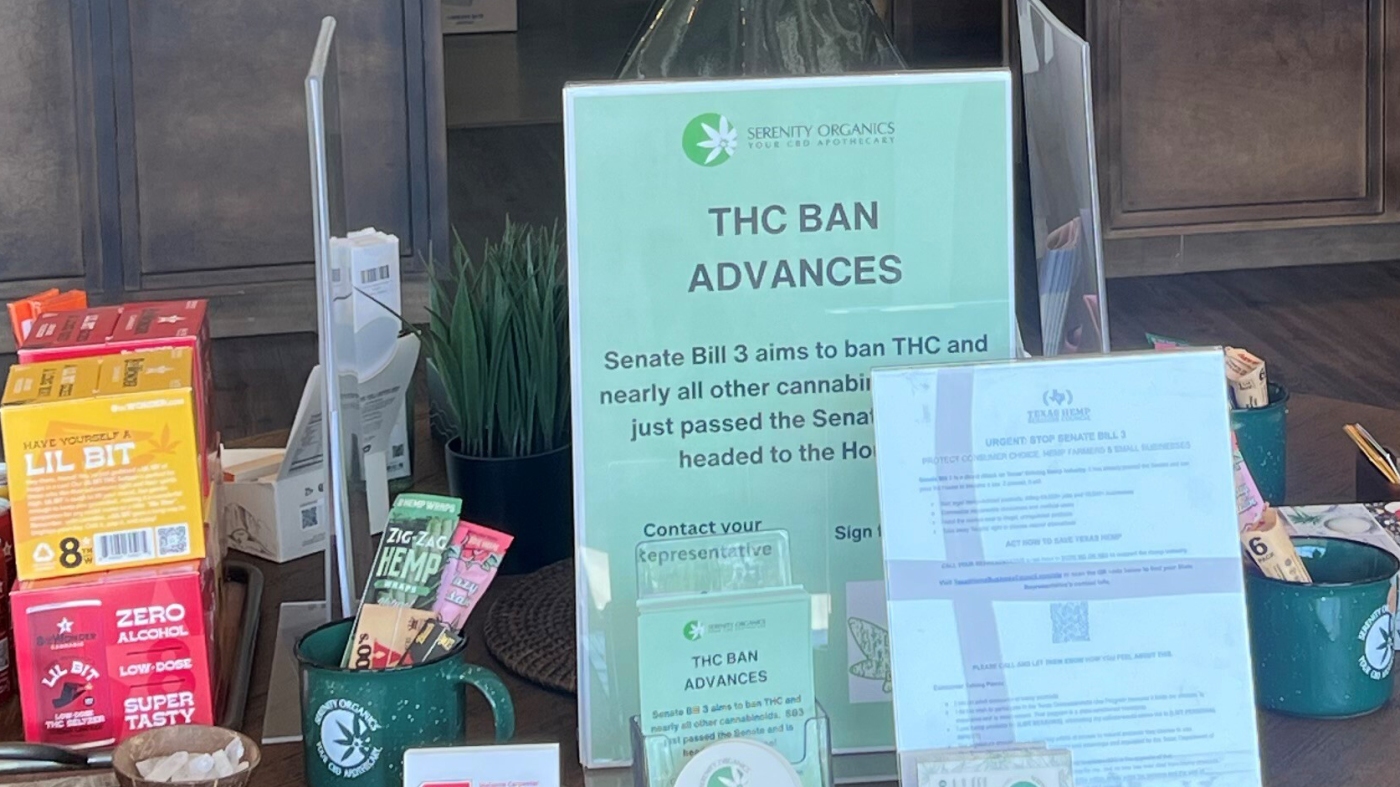Green Rush Reversal: Texas Poised to Clamp Down on THC Market It Recently Embraced

In a sweeping move to address growing concerns about public health and youth safety, Texas lawmakers are taking aim at the rapidly expanding market of THC-infused consumable products. The proposed legislative ban seeks to clamp down on what legislators describe as a dangerous and unregulated industry that has raised significant alarm bells.
Proponents of the ban argue that the current landscape of THC edibles and drinkables poses serious risks, particularly to younger consumers. They point to mounting evidence of potential health complications and the seemingly easy access for minors to these psychoactive products. The proposed legislation represents a critical step in what lawmakers view as protecting community well-being and preventing potential substance abuse.
The timing of this potential ban comes as the THC product market has experienced explosive growth in recent years, with consumable products becoming increasingly popular and widely available. By targeting these products directly, Texas legislators hope to create a more controlled environment and mitigate what they see as significant public health challenges.
While the details of the proposed ban are still being refined, the message is clear: Texas is prepared to take decisive action to regulate the expanding world of THC consumables and protect its residents, especially its younger population.
